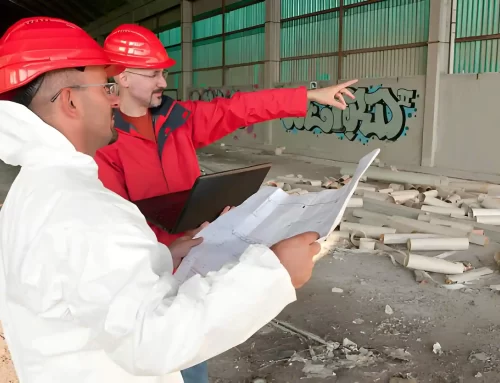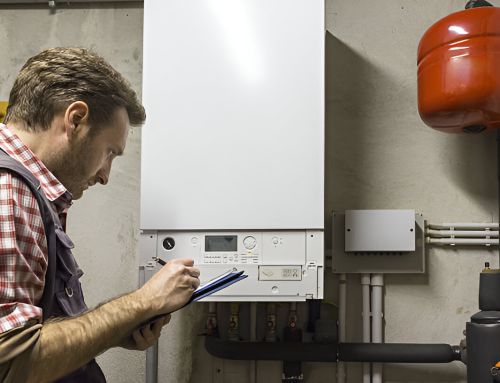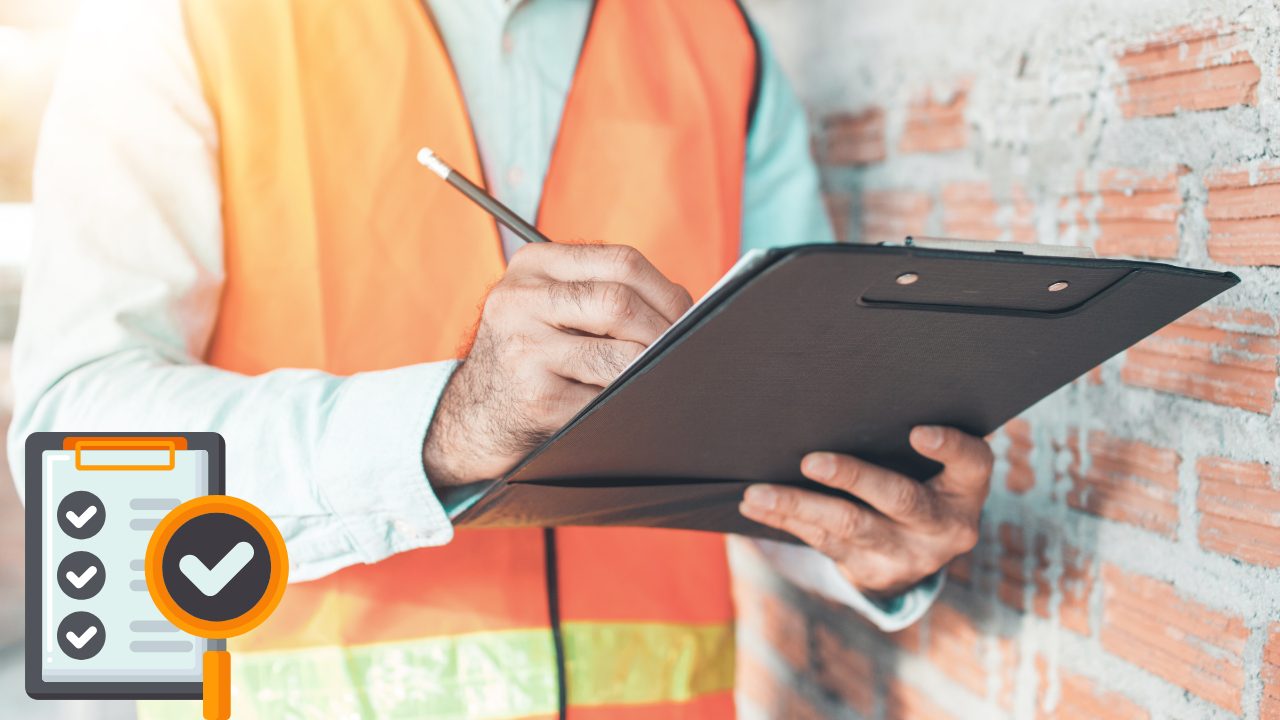
As the deadline for 2025 approaches, understanding gas safety test costs becomes increasingly important for homeowners and landlords. These tests guarantee safety and compliance, but their prices can fluctuate considerably. Various factors influence these costs, including property type and location. Both homeowners and landlords must navigate these expenses carefully. What implications do these costs have for property management and tenant relations? The answers lie ahead.
Main points
- Average gas safety test costs range from £60 to £120 for homeowners, influenced by property type and location.
- Landlords must conduct annual tests for each rental property, incurring additional compliance documentation fees.
- Commercial properties face higher testing costs due to complex gas systems and regulatory requirements.
- Factors like property size, geographic location, and engineer qualifications significantly influence gas safety test pricing.
- Regular gas safety tests enhance safety, ensure compliance, and provide long-term financial benefits for property owners.
What Is a Gas Safety Test and Why Does It Matter?
A gas safety test is a critical evaluation designed to confirm that gas appliances and installations are functioning safely and efficiently. This examination is paramount for anyone who values their freedom and well-being in their living environment.
Regular testing guarantees that potential hazards, such as gas leaks or carbon monoxide emissions, are identified and remedied promptly. It empowers individuals to take control over their safety, allowing them to enjoy their spaces without fear.
Moreover, a gas safety test not only safeguards personal health but also contributes to environmental responsibility by confirming that gas usage is optimised and waste is minimised.
For landlords and property owners, it is a legal obligation that protects tenants and upholds property standards. Essentially, a gas safety test is not merely a procedural task; it represents a commitment to safety, freedom, and the well-being of all who inhabit a space.
How Much Does a Gas Safety Test Cost in the UK?
How much should one expect to pay for a gas safety test in the UK? On average, homeowners can anticipate costs ranging from £60 to £120, depending on various factors. This vital service guarantees safety and compliance, granting peace of mind.
Key cost considerations include:
- Type of property: Larger homes or multiple appliances may incur higher fees.
- Location: Urban areas often see increased rates compared to rural settings.
- Service provider: Different engineers might charge varying rates based on experience and reputation.
- Additional services: Extra checks or servicing may elevate the cost of the test.
Investing in a gas safety test is essential for safeguarding one’s living environment and making sure that freedom from worry is maintained.
Ultimately, understanding the potential costs involved can aid in making informed decisions about gas safety.
Factors That Affect Gas Safety Test Costs
Numerous factors influence the gas safety test cost, making it vital for homeowners to understand these variables.
To begin with, the type of property plays a significant role; larger homes with multiple appliances typically incur higher testing fees. The complexity of the gas installation also affects costs, as intricate systems require more time and expertise to evaluate thoroughly.
Moreover, geographic location can lead to price variations, with urban areas often commanding higher service fees. The experience and qualifications of the gas engineer are important; certified professionals may charge more for their knowledge and reliability.
Finally, the frequency of testing impacts overall costs; properties needing more frequent assessments may face higher cumulative expenses.
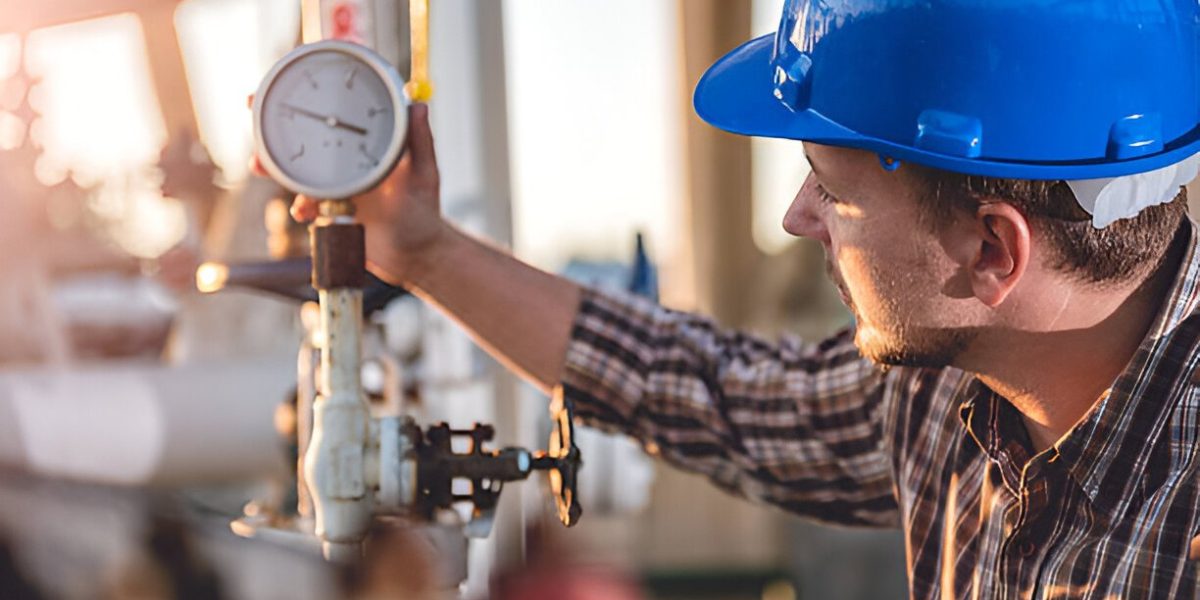
Gas Safety Test Cost for Homeowners vs Landlords
While both homeowners and landlords are required to guarantee gas safety in their properties, the costs associated with gas safety tests can differ greatly between the two. Homeowners typically incur one-time costs for maintenance, while landlords face ongoing expenses due to multiple tenancies. This distinction can lead to variations in overall financial responsibility.
Key differences in gas safety test costs include:
- Frequency: Landlords must conduct annual tests for each rental property.
- Scope of Work: Landlords may require more extensive inspections due to multiple appliances.
- Pricing Variability: Landlord tests can sometimes include additional fees for compliance documentation.
- Market Rates: Homeowners may benefit from competitive pricing in local markets.
Understanding these factors helps both homeowners and landlords navigate their financial obligations, ensuring that they maintain safe living environments while managing costs effectively.
Is the Gas Safety Test Cost Different for Businesses?
Do gas safety test costs vary for businesses compared to residential properties? Yes, they often do.
Businesses typically face higher gas safety test cost compared to individual homeowners. This discrepancy arises from several factors, including the scale of the operation and the complexity of the gas systems in commercial settings.
Businesses may have multiple appliances, larger installations, or specialised equipment that require more exhaustive inspections and testing. Moreover, the regulatory requirements for businesses can be stricter, necessitating more thorough evaluations to guarantee safety.
Additionally, the qualifications of professionals conducting these tests can influence costs, as businesses may prefer or be required to hire certified specialists.
Ultimately, while the core purpose of the gas safety test remains the same, the factors contributing to its cost can differ markedly between residential and commercial properties, reflecting the unique needs and responsibilities of each.
Why Gas Safety Test Costs Vary Across the UK
Why Gas Safety Test Costs Vary Across the UK
Gas safety test costs in the UK can fluctuate greatly due to a variety of factors. Understanding these variations can empower individuals and businesses to make informed choices regarding gas safety.
- Geographical location: Costs may differ greatly between urban and rural areas, influenced by local demand and availability of qualified engineers.
- Type of property: Residential, commercial, and industrial properties each have unique requirements, impacting the complexity and duration of tests.
- Service provider: Different gas engineers and companies may set varying rates based on experience, reputation, and service quality.
- Market conditions: Economic factors, such as inflation and competition within the industry, can also affect pricing structures.
Landlord Legal Responsibilities and Gas Safety Test Cost
Landlords bear significant legal responsibilities when it comes to ensuring the safety of gas appliances in their properties. Under UK law, they must conduct annual gas safety checks and obtain a Gas Safety Certificate, confirming that all gas appliances have been assessed by a qualified engineer.
This obligation aims to protect tenants from potential hazards, such as gas leaks and carbon monoxide poisoning, fostering a safer living environment.
The cost of these gas safety tests can vary, depending on factors like the number of appliances and the location of the property. While some landlords may view this expense as an inconvenience, it is essential to recognise it as an important investment in tenant safety and legal compliance.
Failing to meet these responsibilities may lead to severe penalties, including fines or legal action, emphasising the significance of adhering to gas safety regulations as part of property management.
Commercial Gas Safety Test Costs Explained
Understanding the gas safety test costs associated with commercial gas safety tests is essential for business owners aiming to comply with safety regulations.
These tests safeguard not only the well-being of employees and customers but also the integrity of the business itself.
Several factors contribute to the overall expense of a commercial gas safety test:
- Size of the premises: Larger businesses typically incur higher testing costs due to increased complexity.
- Type of equipment: Specialised gas appliances may require more thorough inspections, raising prices.
- Frequency of testing: Regular tests can lead to discounts, while infrequent testing may incur higher charges.
- Location: Geographic factors can influence labour rates and travel expenses for technicians.
Awareness of these elements helps businesses budget effectively and guarantee compliance, promoting a safe environment for all.
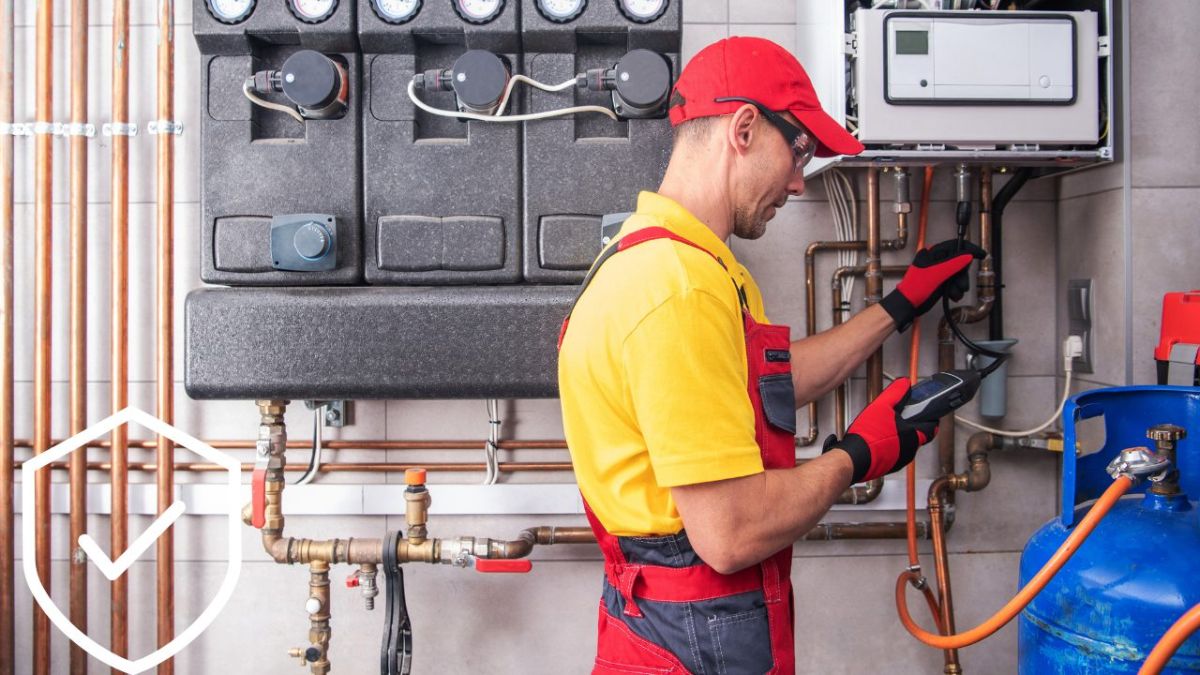
Long-Term Benefits of Paying for a Proper Gas Safety Test
While many business owners may view gas safety tests as an immediate expense, investing in a proper assessment yields significant long-term benefits that far outweigh the initial costs. Proper gas safety tests enhance safety, guarantee compliance, and can lead to substantial financial savings over time.
| Benefit | Description | Long-Term Impact |
|---|---|---|
| Enhanced Safety | Reduces risk of gas leaks and related hazards | Fewer accidents and liability claims |
| Regulatory Compliance | Meets legal standards and regulations | Avoids fines and legal issues |
| Increased Efficiency | Optimises gas usage and reduces wastage | Lower operational costs |
| Peace of Mind | Assures owners and tenants of safety | Improved reputation and trust |
Gas Safety Test Cost for HMOs and Rental Properties
The gas safety test cost for Houses in Multiple Occupation (HMOs) and rental properties is an essential consideration for property owners and managers.
Ensuring gas appliances are safe not only fulfils legal obligations but also enhances tenant satisfaction and property value.
Here are key factors influencing the gas safety test costs:
- Size of the property: Larger properties typically require more time and resources for testing.
- Number of appliances: More appliances may lead to increased testing fees.
- Location: Costs can vary based on regional pricing and availability of qualified engineers.
- Frequency of testing: Annual checks may save money over time compared to infrequent assessments.
Investing in a thorough gas safety test promotes a safe living environment, ensuring peace of mind for both landlords and tenants.
Understanding these gas safety test cost elements empowers property owners to make informed decisions about their responsibilities.
Frequently Asked Questions
A gas safety test should be scheduled annually to guarantee safe appliance operation and compliance with regulations. Regular assessments help maintain safety, providing peace of mind for individuals valuing their freedom and well-being in their living environments.
Performing a gas safety test independently is not advisable. Such tests require specialised knowledge and certification to guarantee safety and compliance with regulations. It’s best to hire a qualified professional for an accurate assessment and peace of mind.
A qualified gas safety tester should possess Gas Safe registration, relevant certifications, and experience in the field. They must demonstrate knowledge of safety regulations and possess the skills to conduct thorough inspections and tests effectively.
Failing to conduct a gas safety test can result in significant penalties, including fines and potential legal action. Authorities prioritise safety, and negligence may lead to serious consequences for property owners and tenants alike.
If a gas safety test fails, a qualified technician identifies issues needing urgent repairs. The gas supply may be suspended to guarantee safety, and the property owner must address the problems before the gas can be restored.
Conclusion
In summary, understanding the gas safety test costs and the importance of gas safety tests is vital for both homeowners and landlords. With prices ranging from £60 to £120, various factors influence these expenses, including property specifics and compliance requirements. By prioritising safety and legal obligations, property owners not only safeguard their tenants but also secure long-term savings and satisfaction. Regular investment in gas safety testing is a responsible choice that guarantees peace of mind and adherence to regulatory standards.
About the Author: Atia Amin
Related Posts
Get Social
Recent Posts
- Electrical Diagnostic London: How Professional Testing Keeps Your Property Safe and Compliant
- Asbestos Management Survey London: Update Your Property Records
- Gas Safety Certificate London: Why Regular Checks Save Money Long-Term
- FRA London Explained: How a Professional Fire Risk Assessment Keeps You Compliant and Safe
- When a New Tenancy Requires Your EICR Certificate London Renewal


